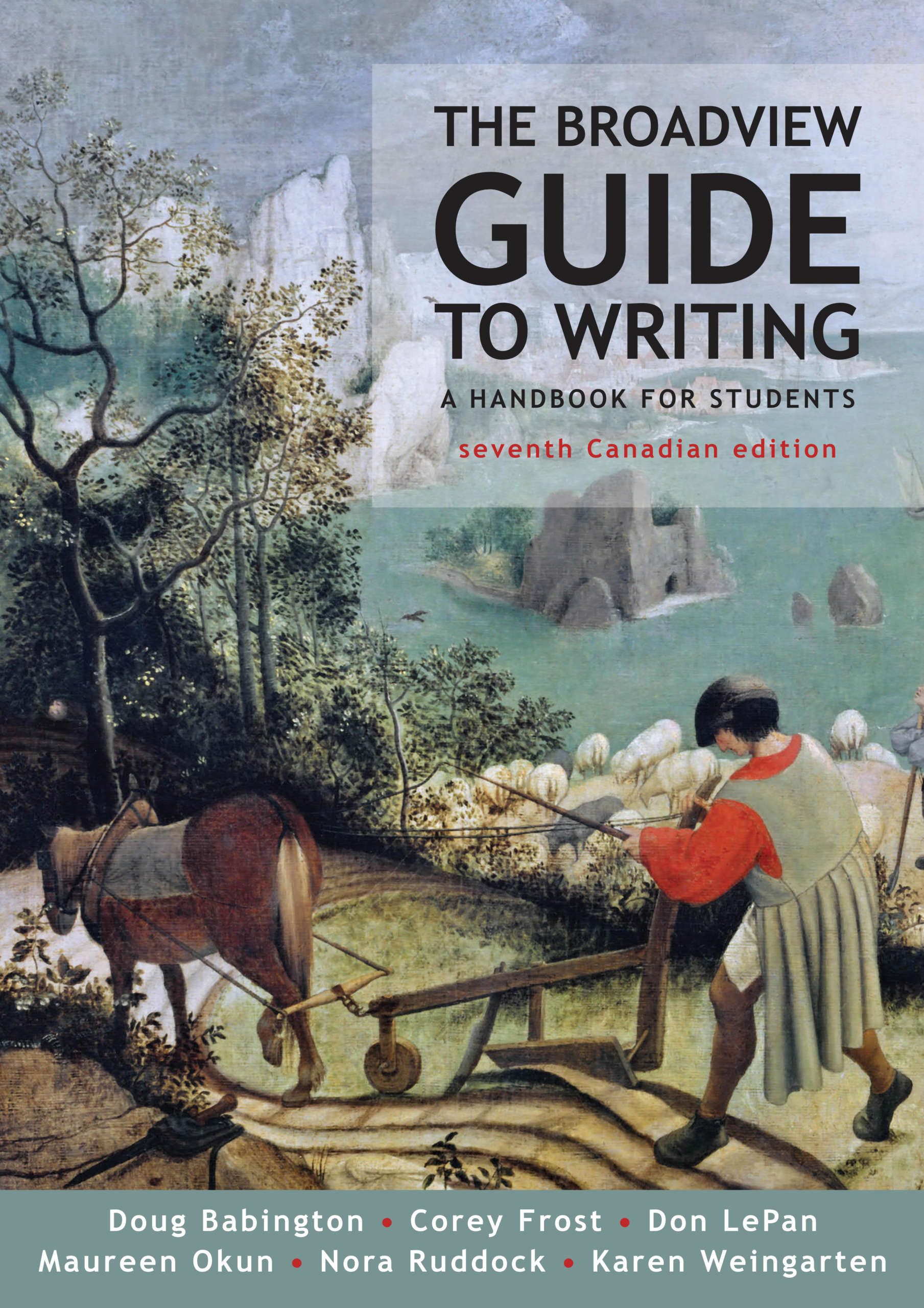Many school and minor-league professional teams that formerly had names such as “Indians” and “Braves” started changing those names in the early years of this century, but as late as 2015 no major league franchise had done so. Some claimed that such a move would entail renouncing a long, proud tradition in local sports. But—to take Cleveland as an example—Chief Wahoo had been part of the Cleveland logo only since 1947. Even the name “Indians” did not date to the beginning of the franchise, which before 1915 had been known successively as the “Lakeshores,” the “Bluebirds,” and the “Blues.”
The resistance to names that reference stereotypes of Native Americans grew slowly but steadily. Toronto Blue Jays announcer Jerry Howarth was one of the first within the major league baseball world to become persuaded. Howarth reported that he “stopped using team names like Indians and Braves and terms such as tomahawk chop and powwow on the mound after receiving a letter from an aboriginal fan after Toronto defeated Atlanta in the 1992 World Series.” Howarth described the letter in an October 2016 interview:
[It was] one of the best fan letters I’ve ever received. He said “Jerry, I appreciate your work but in the World Series, it was so offensive to have the tomahawk chop and to have people talk about the powwows on the mound, and then the Cleveland Indians logo, and the Washington Redskins.” He just wrote it in such a loving, kind way. He said “I would really appreciate it if you would think about what you say with those teams.”Howarth wrote in reply that he would indeed stop using the offensive terms—and he did just that. Soon more and more sports people started coming round to his point of view—but many still resisted change. And, much more surprisingly, so did many Native Americans. Few if any Native Americans defend the use of the Chief Wahoo image by Cleveland, but an astonishing 90% of Native Americans surveyed by The Washington Post on this issue some years ago responded that they were not offended by the team name “Washington Redskins,” while 70% of Native Americans reported that they did not find the term “redskins” disrespectful to Native Americans in any context:
Across every demographic group, the vast majority of Native Americans say the team’s name does not offend them, including 80 percent who identify as politically liberal, 85 percent of college graduates, 90 percent of those enrolled in a tribe, 90 percent of non-football fans and 91 percent of those between the ages of 18 and 39.Could this survey have been flawed in some way? Might it have been that respondents to questions posed by a Washington newspaper were so keen not to give offence to the questioner that they were reluctant to say that they found the name of the Washington team offensive? Certainly when asked what terms they themselves prefer to be called (rather than what terms they find offensive), Indigenous Americans did not and do not put “redskins” high on the list. But the survey certainly gave pause to those who had been confident that virtually all Native Americans would find team names such as “Redskins” offensive.
Many Native activists nevertheless argued that, regardless of what the polls might say, the use of names such as “Redskins” tended to indoctrinate North Americans—including Native Americans themselves—to think poorly of Indigenous peoples. An article reporting on the poll results also quoted Oneida Nation representative Ray Halbritter and other activists arguing strenuously that the NFL should not “continue marketing, promoting, and profiting off of a dictionary-defined racial slur—one that tells people outside of our community to view us as mascots,” and that can have a harmful effect on Native American children.
I have for years sided for the most part with Halbritter and Howarth on this issue—but I have also long felt that it’s an interesting issue deserving of full discussion. Was it patronizing for those in the white majority to call for the team name “Redskins” to be dropped when a clear majority of Native Americans are evidently not offended by it? Or are such terms offensive in themselves, even if a majority of Indigenous Americans are not offended by them?
Over the last few years a good number of the teams bearing these names have finally made the change. In 2022 Cleveland’s baseball team became the Cleveland Guardians, and Washington’s football team became the Washington Commanders. In 2021 Edmonton’s CFL team (formerly the Eskimos) became the Edmonton Elks. In Atlanta, though, the Braves have kept their team name—and the controversial “tomahawk chop.” Major League Baseball has supported them, arguing that “the Native American community in that region is fully supportive of the Braves’ program, including the chop.” In discussions of team names, it’s arguable that “Chicago Blackhawks” (or, as the team name was officially until 1986, “Black Hawks”) should be treated as a special case. Far from being an undifferentiated stereotype, the team name “Black Hawks” derives from a specific WWI military unit, the name of which was in turn derived from one of the most famous Native Americans—Black Hawk (or Ma-ka-tai-me-she-kia-kiak) of the Sauk Nation, whose 1833 autobiography has become a classic of Native American literature.
I’m a bit torn on this one, so I’ll end with a series of questions. Should this Chicago team name be treated as a special case? Or does the name “Blackhawks” still partake of some of the same stereotypes of Native Americans that so clearly are involved in names such as “Braves” and “Redskins”? The Sauk were forced from Illinois by white settlers; is it hypocritical for the descendants of those settlers to honor a Sauk historical figure now in that way? Or does that history make it all the more appropriate for fans of all backgrounds to pay homage now to a great leader of the past?
N.B. This is an updated 2022 version of a post from several years ago.





